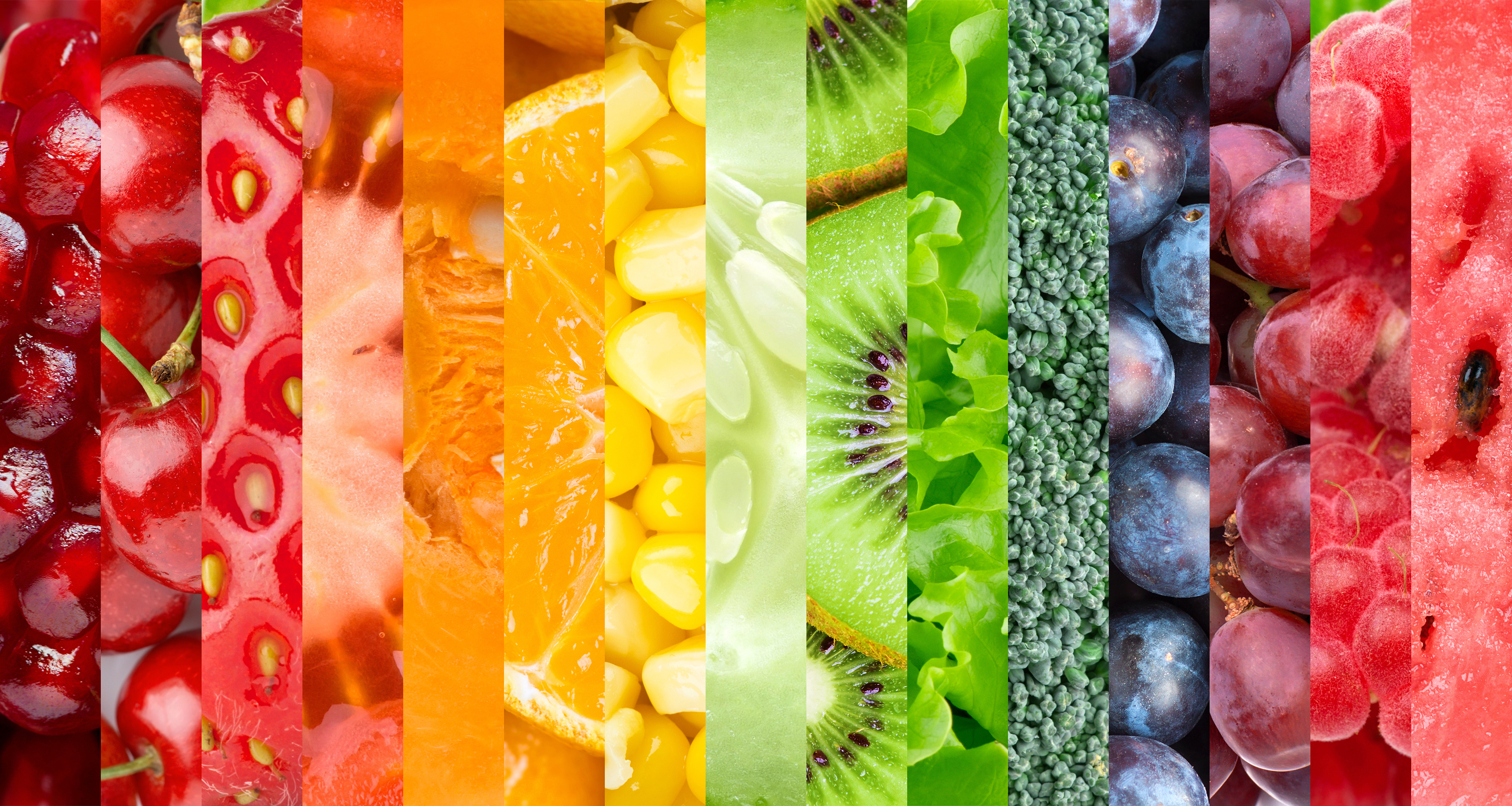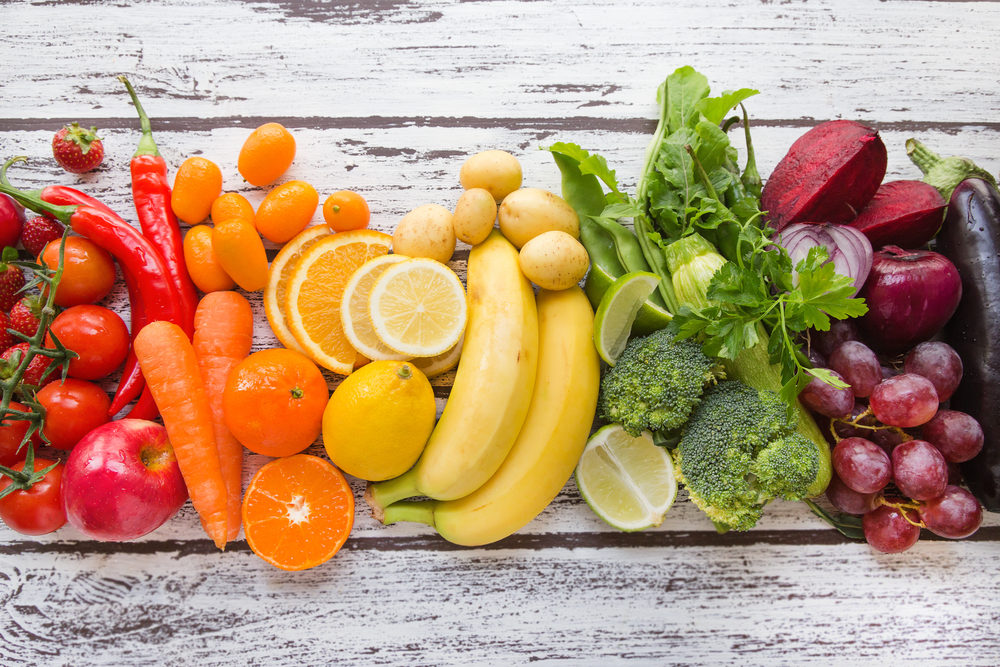Posted on December 24, 2020
Tips to Avoid Overindulgence
Feasting on festive favourites this time of year is something we all do. This year Christmas may be a little different for some of us, in terms of not being able to be with all our family and friends. This may create a whirl of emotions which can sometimes lead to comfort eating, resulting in us piling on the weight due to eating more caloric foods. Whilst festive foods and drink should be enjoyed, the over indulgence can take a toll on our body as we may experience symptoms of bloating, stomach discomfort/pain, flatulence, diarrhoea and/or constipation.
Here are a few tips to help you enjoy the festivities without feeling like you have overindulged:
- Don’t mix your drinks
While you should be able to enjoy your favourite drink during this time of year, make sure to stay within your limits and try not to mix all of your favourite drinks in one night. The recommendation is to not drink more than 14 units per week. One unit is 10ml of pure alcohol. Try to make sure that if you have a drink it’s with a decent meal and also have glasses of water in between to reduce the after effects. Regularly drinking large amounts of alcohol, particularly more than 14 units per week, puts you at more risk of long-term illness or alcohol fuelled injury. To help cut down on the alcohol consumption, try to have several alcohol-free days a week1.
Alcohol is also what we call ‘empty calories’, which simply means rich in calories (sugars) and poor in nutrients. Excessive alcohol consumption has been demonstrated to negatively impact the immune system2.
- Eat little, often and balanced
Try to have small amounts of foods, this way you won’t miss out on all your festive favourites. Opting for a large main meal and then a luxurious dessert can not only cause indigestion but can make it very unpleasant for you to enjoy the rest of the evening. Make sure you have a balanced plate including carbohydrates, fats, proteins, fruit and vegetables, to ensure you are getting a range of nutrients. Consider choosing healthy lean protein sources like chicken, turkey, pulses to help with a steady release of energy from carbohydrates and to keep you feeling fuller for longer. Take your time chewing and being mindful of the meal so that you can enjoy it to the fullest.
- Make sure to add fibre
The recommendation is to have 30g of fibre a day, yet in the UK adult’s average consumption of fibre is 18g. Food sources of fibre include: wholemeal/ wholegrain cereals, rice, pasta, bread, potatoes with the skin on, pulses, fruit and vegetables.
- Keep Hydrated
About 60% of our body is filled with water. Drinking enough water is important to supply the cells with oxygen to function properly and to carry out all the bodily processes. The flushing out of toxins, including alcohol relies on sufficient water intake and is one of the vital bodily processes. Remember the glass of water between your alcoholic drinks!
- Support the gut microbiome
Increasing the gut microbiome is a great idea at this time of year as the gut plays many roles in the body. About 70% of the cells that make up our immune cells reside within the gut. Try including fermented foods that contain live cultures like yogurt, sauerkraut and kefir as part of a balanced diet on days where you will be having plenty of food or heavy meals. Lifeplan offers a range of products to support digestive health.
(Link to the website)
However, with all that said, after the difficult 2020 that we’ve all had, it’s understandable that eating a healthy, balanced diet might not at the forefront of your mind at the moment. So being kind to yourself this festive season because there is always time for new resolutions next year!
References
- https://www.drinkaware.co.uk/facts/alcoholic-drinks-and-units/latest-uk-alcohol-unit-guidance
- Sarkar, D., Phil, D., Katherine Jung, M. et al. (2015). Alcohol and the Immune System. Alcohol Res. 37 (2), 153–155.




